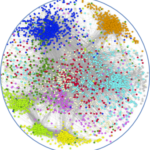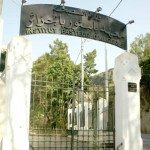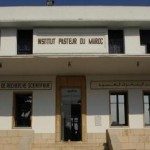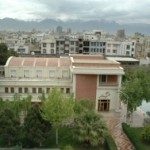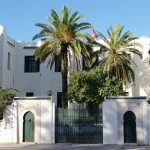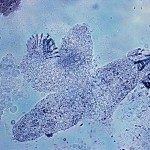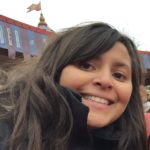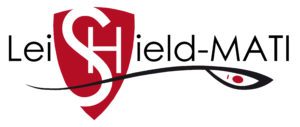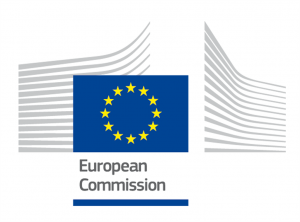About
LeiSHield-MATI forms an international, inter- and multidisciplinary consortium that aims to gain scientific knowledge on parasite-vector-host interaction to allow future development of new therapeutic and preventive measures through research and innovation staff exchange and knowledge sharing, bringing together unique expertise and infrastructures of its partners from EU and disease-endemic areas in Africa and Asia.
Leishmania infection is highly dynamic process depending on the complex interplay between parasite, vector, host, and the ecosystem. Despite the relevance of these interactions for disease outcome there is no concerted effort today to study the disease in an integrative fashion and under physiologically relevant settings using field isolates and human clinical samples. LeiSHield-MATI will overcome this unmet need by bridging the access to samples from the field with access to modern technologies. Our integrative research approach is novel in parasitic systems and will be broadly applicable to discover new diagnostic, preventive or therapeutic measures for CL, as well as inform research on other complex parasitic diseases in endemic areas. Drawing from complementary infrastructure, existing biobanks, and expertise of its partners linked to molecular parasitology and experimental infection, epidemiology and evolution, sand fly and rodent infection, immunology and vaccination, systems-level analyses and computational biology, the LeiSHield-MATI consortium will address three complementary questions: (i) How does the Leishmania genome adapt to its various vertebrate and invertebrate hosts? (ii) How is the local transmission cycle shaped by the presence of genetically different vectors and reservoirs? (iii) How do these genotype-genotype and environment-genotype interactions impact human immune response and disease?
The major goal of LeiSHield-MATI is to establish a novel collaborative platform across the EU and CL-endemic countries in Africa and Asia with the objectives to:
- Standardize procedures for sampling, species determination, and HTseq analyses;
- Correlate CL clinical manifestations to parasite genomic diversity and Leishmania LRV infection;
- Identify common and region-specific bio-markers associated with the different forms of CL;
- Assess genetic diversity, recombination, and mixed infection in Leishmania isolates from natural sand fly infections and reservoir animals;
- Characterize the genetic heterogeneity of the natural sand fly population and their susceptibility to Leishmania infection using a phylogenomic approach;
- Identify the natural rodent reservoir for CL to understand the local transmission cycles;
- Define surrogate marker(s) of human protection applying a systems-immunology approach on clinical samples;
- Investigate CL lesion evolution and its social and psychological impact in endemic regions;
- Coordinate knowledge transfer actions inside and outside of LeiSHield-MATI consortium to ensure optimal staff exchanges, build strong sustainable collaborations, promote self-sustainability and further develop the careers of participating staff;
- Communicate and disseminate project results to policy makers and industry in order to create new incentives for the development of novel diagnostic and therapeutic tools.
LeiSHield-MATI will fill important knowledge gaps in Leishmania evolutionary adaptation, transmission, and host immune response. These objectives will be achieved through secondments and trainings, maximizing our impact on knowledge sharing and long-term collaborations. The RISE programme represents a unique opportunity to merge the knowledge, expertise and technologies of LeiSHield-MATI partners from Europe (France, Belgium, Sweden), Africa (Morocco, Algeria, Tunisia) and Asia (Iran). Our integrative, multi-disciplinary approach will serve to discover novel strategies for CL therapy and prevention that will strengthen our network on the long-term, and will constitute and animate the core research programs of the future international leaders in our field that we expect to emerge from our consortium through the various knowledge transfer actions. Moreover, in view of globalisation and the growing threat of the emergence of tropical diseases to Europe, the LeiSHield-MATI consortium will serve as an example for future collaborations between Africa, Asia and Europe.

